The Database figures from March have produced some quite extraordinary results. Take the fuel volume for instance - close to 453,000ltrs, or almost 10% up on the previous year.
In most years we tend to see fuel sales peak in May, sometimes in July or October, but this is the highest volume that we’ve ever recorded and it was in March, which although usually a ’good’ month for volumes, isn’t normally the busiest time of year on most sites. Just to see how far things have moved in 10 years, the volume records from March 1997 showed our ’average site’ doing just under 323,000ltrs - so today’s site was pumping over 40% more fuel than 10 years ago.
Why? Remember the ’hypermarket dirty fuel’ story from earlier this year. That story broke in the last week of February and according to numerous media vox pops during March, a large number of motorists were saying that in future they’d ignore the couple of pence price difference and only use the ’quality’ fuel brands - ie the oil majors. Given that our Database sites are largely drawn from the major brands, it’s quite possible that we’ve just seen the result of thousands of drivers switching away from the hypermarkets. The big question is, how long will it last?
March 2007 has also produced some very interesting shop results. Our ’average site’ is selling in excess of £58,000 (remember that’s excluding VAT) through the shop. For comparison, the 2006 figure was just below £50,000 and back in 1997 it was below £30,000. It would be fair to assume that if the site was gaining new customers from the hypers, then at least some of them might also be spending some money in the forecourt shop - however not perhaps as much as the ’regular’ customers. This can be seen from the Sales Ratio figures, which indicate that in March the average shop spend per thousand litres of fuel was around £129 whereas in January and February it had been £132 and £134 respectively. As one retailer commented: "I can easily spot the customers we’ve picked up from Asda as they’re the ones who moan at my staff that we’re selling 20 Marlboro at £5.60 when Asda only charge £5.29."
There may also be another reason for the March shop sales looking quite lively. Look at the gross profit (19.7%), stock turn (29.4) and closing stock (£19,766) figures. These suggest that many of our retailers were cutting some prices and getting rid of some slower-moving stock during that month. Traditionally March would have been a month for finally selling off seasonal items left over from winter (a couple of gallons of cheap antifreeze anyone?). But that was in the days when we still had seasons and in particular when there used to be winter - so perhaps retailers were simply responding to the moans of the hypermarket refugees and actually trying to put some special offers on display.
Of course every silver lining has to have a dark cloud. One side effect of all this trading activity can be gauged by the cash short figure (£108), which is one of the worst we’ve recorded in recent years (only April 04 at £102, and June 05 at £103 were similar). Some of this may be due to a large proportion of the ’extra’ fuel volume being literally ’cash’ sales, which seems to be the common view of many retailers. However we have also heard comments from quite a few retailers that they’ve been having ongoing problems with card-swipe systems over the past few months. It’s been quite difficult so far to establish exactly what’s been going on but in general retailers are telling us that there’s been an increase in the number of manual card vouchers that they’ve had to use because payment systems have gone ’off-line’. Unfortunately manual card vouchers tend to be associated with payment problems - and that’s even when staff have been careful to complete the things properly.
Finally, we saw wages costs rise quite steeply in March compared to a year ago. And this isn’t an isolated ’blip’ since wage costs had already been averaging over £7,000 per month between November 06 and February 07, but nonetheless it is the highest figure we’ve seen to date.
All in all, it looks as if our ’traditional’ petrol retailers have been enjoying booming sales, but have yet to find a way of converting this bonanza into increased bottom-line profits.





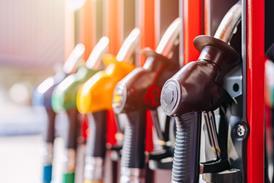


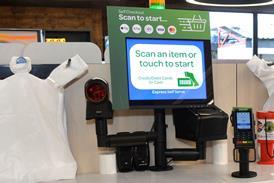




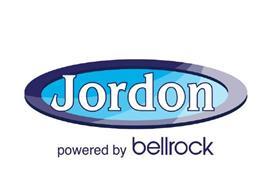




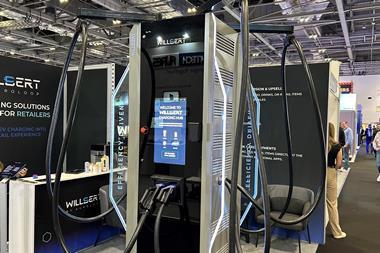

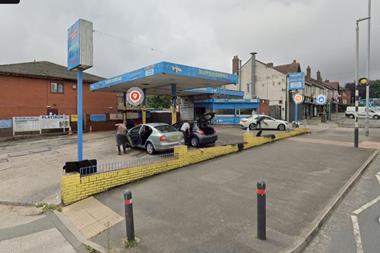
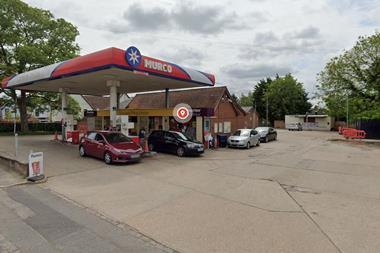
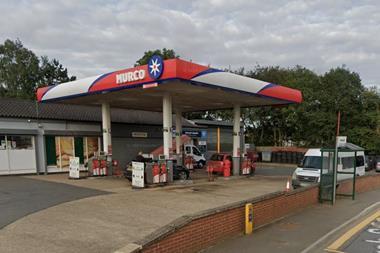
No comments yet